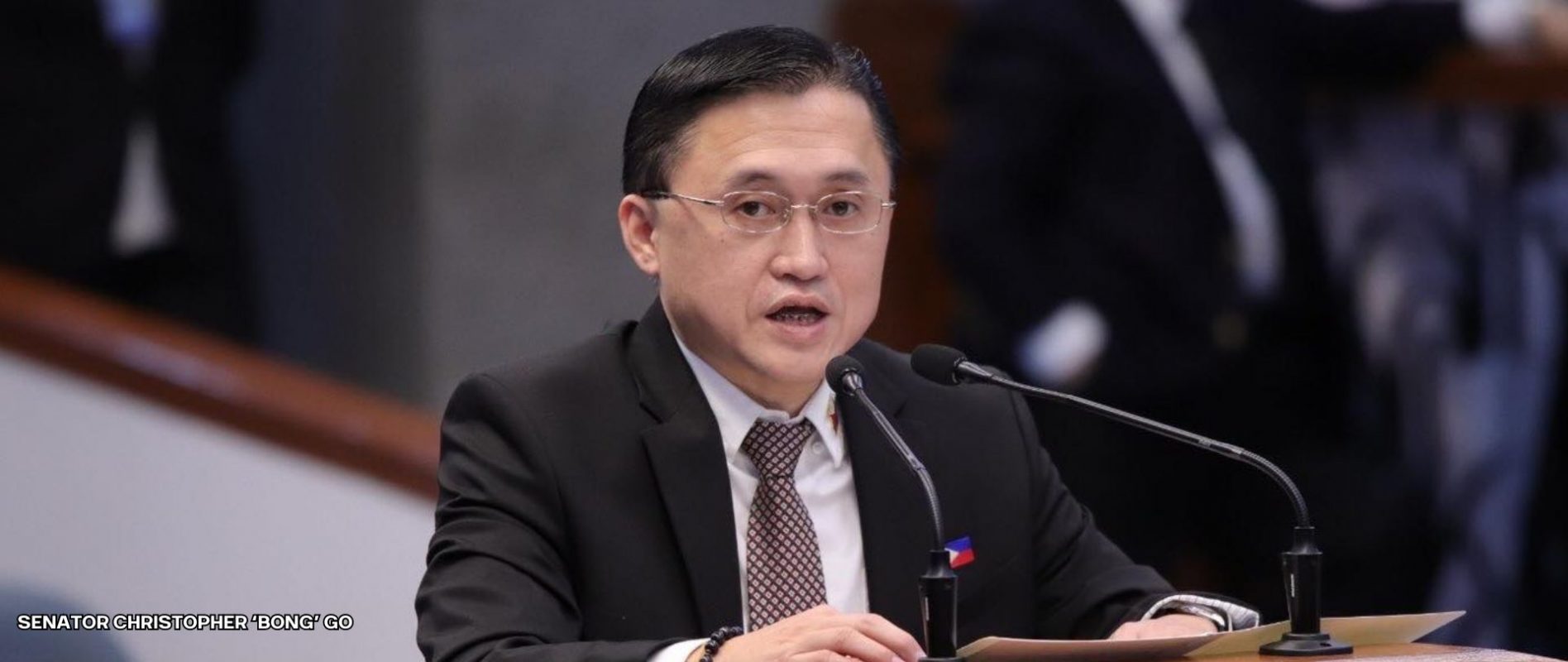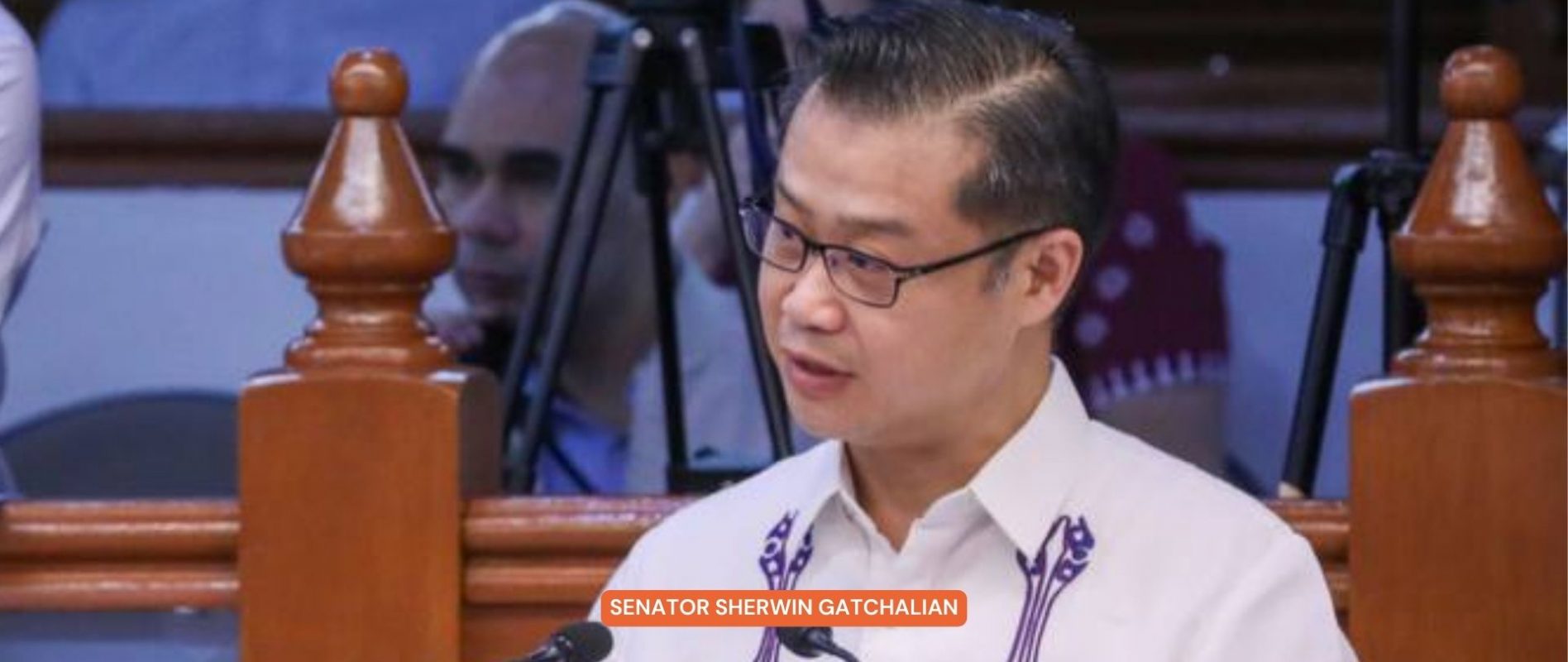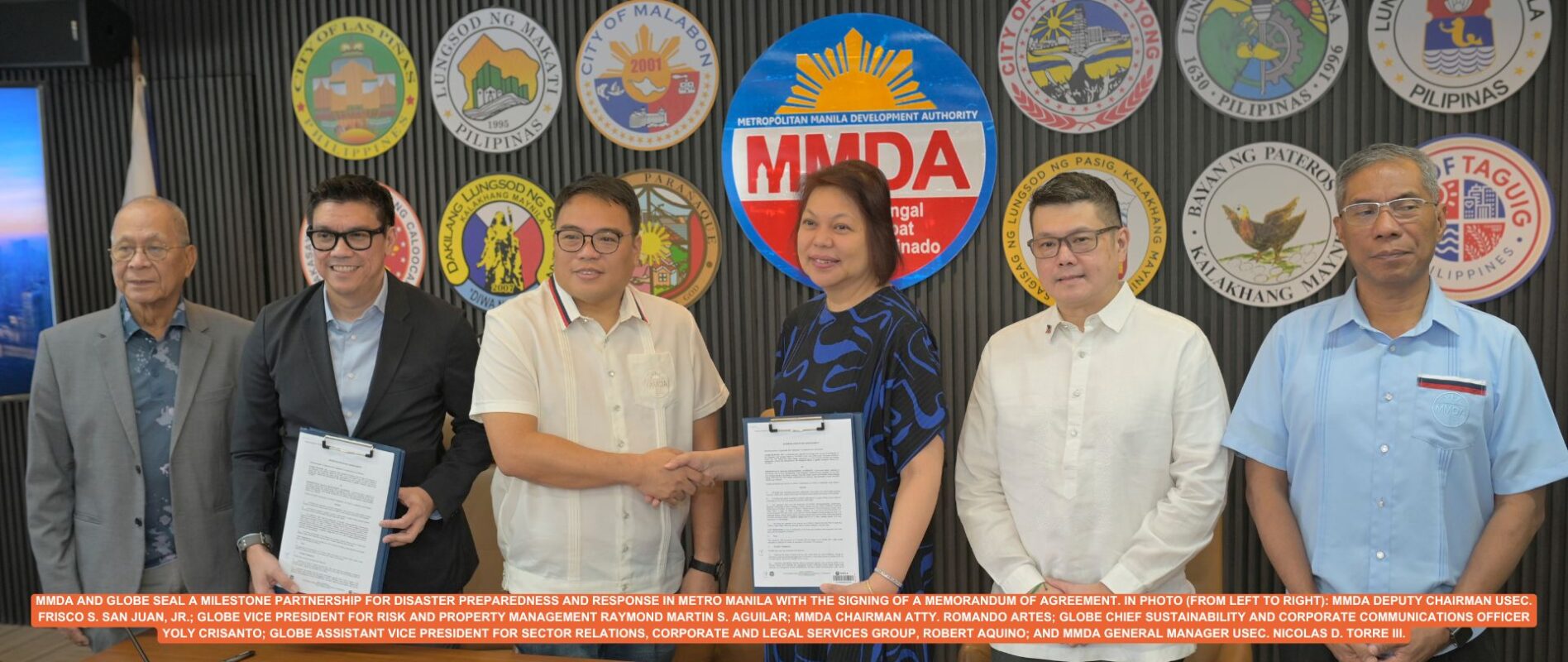DEPED: CLASSROOM SHORTAGE BEING ADDRESSED WITH URGENCY, EFFICIENCY
THE DEPARTMENT of Education on Thursday stated that the perennial problem of classroom shortages in the Philippines is being addressed with urgency and flexibility.
The DepEd made the assurance after several lawmakers expressed concerns on the severity of the issue during the hearing of the Senate Committee on Basic Education on Tuesday, wherein Senate Bill No. 121 or the early stages of the proposed Classroom Building Acceleration Program (CAP) Act were discussed.
In a statement, Education Secretary Sonny Angara said the Department of Budget and Management (DBM) has already put a “special provision” for the DepEd under the 2026 National Expenditure Program (NEP).
“Nagpasok tayo ng Special Provision on flexibility sa 2026 NEP dahil madalas ding tumutugon ang DPWH (Department of Public Works and Highways) sa mga kalamidad (We placed a special provision on flexibility in the 2026 NEP because the DPWH has also been a responder during calamities),” he said.
“The Department of Education is committed to resolving the classroom shortage with urgency and efficiency.”
This means the DepEd can secure partnerships with other agencies or a pool of multiple implementing actors to ensure that the classroom construction projects will proceed without delays starting next year, Angara said.
Under the current setup, the DepEd is in charge of setting the classroom needs, designs, and safety standards, as well as the programming of funds.
“Meanwhile, the Department of Public Works and Highways directly receives the fund and handles the cost estimates, procurement, and actual construction,” Angara said.
To date, the country accounts for almost 165,000 classroom backlog, amounting to nearly PHP413 billion.
All-sector approach
Angara, meanwhile, stressed that local government units (LGUs) and the private sector could be tapped as project implementers to address classroom shortage, especially in far-flung areas.
He said this may be done through the LGU’s Special Education Fund (SEF), Public-Private Partnership (PPP), and Adopt-a-School program for the private stakeholders.
“Kailangan nating buksan ang pinto para makasali ang LGU, NGO (non-government organization), at iba pang handang tumulong para mapabilis ang pagpapatayo (We need to open the doors to allow the LGUs, NGOs, and other who are ready to help expedite our constructions),” Angara said.
“Ang mahalaga, kung saan may pondo, dapat may marunong at mabilis na tagapagpatayo (What’s important is, wherever there is a fund, there should be able and fast builders).”
The education chief, meanwhile, expressed support for the proposed CAP, given that it will be anchored on a national classroom master plan, clarity of roles among national agencies, LGUs, and private partners, targeted prioritization, and a centralized monitoring system.
To date, he said, the DepEd is adopting designs that are resilient against natural hazards like typhoons and flooding in the construction of classrooms. (PNA)














